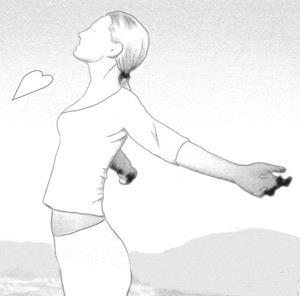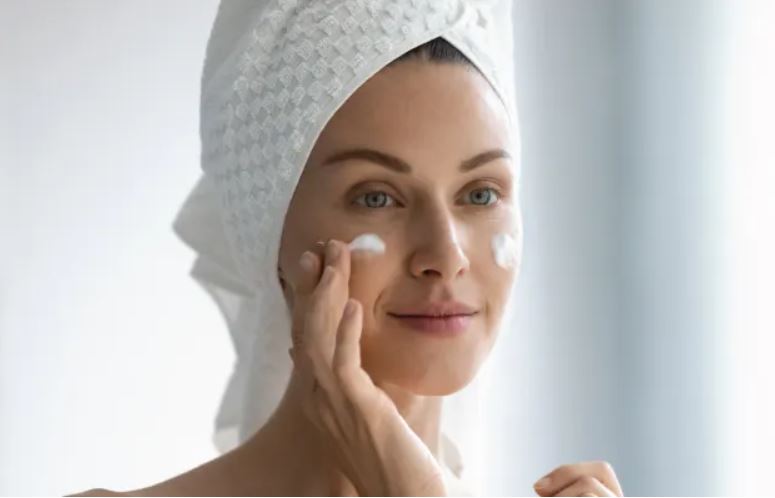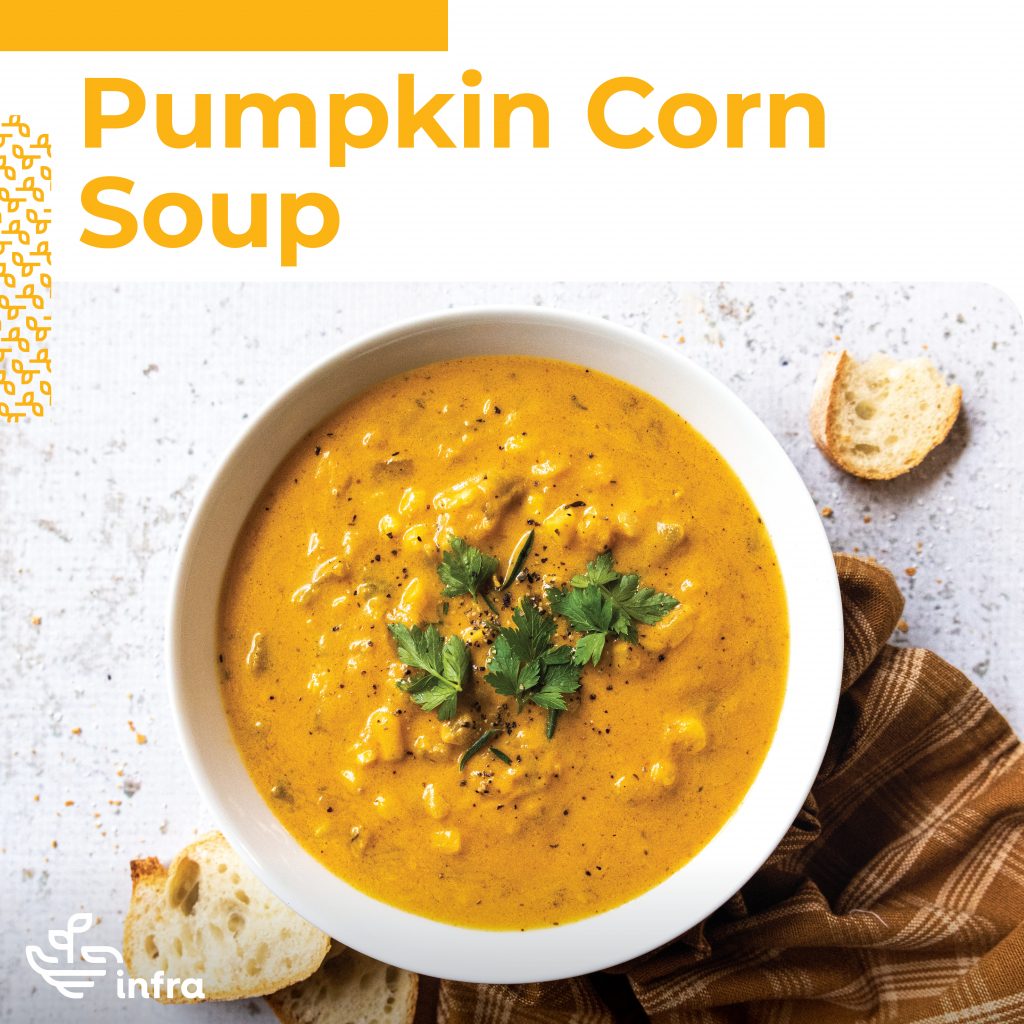
cholesterol; type 2 diabetics who took vitamin E had fewer heart attacks and strokes, and vitamin E reduced DNA damage in adults, in four new studies.
In a high-cholesterol study, doctors noted that earlier vitamin E studies were poorly designed, using only one dose, and measuring a single result, such as heart attack. In the first of two trials, research ers recruited seven women and one man, average age 34, with high cho- lesterol from diet and lifestyle—not from family history—who were at high risk for heart attack. Par- ticipants took 3,200 IU of alpha tocopherol vitamin E per day for 20 weeks. Scientists measured F2 isoprostanes—a sign of damaged fat cells and a risk factor for heart disease—which decreased continuously for 16 weeks.
In the second trial, 35 participants took 100, 200, 400, 800, 1,600, or 3,200 IU of vitamin E per day for 16 weeks. As the dose of vitamin E increased, levels of F2 isoprostanes decreased, by 35% at 1,600 IU and by 49% at 3,200 IU of vitamin E.
In a diabetes study, research- ers recruited 1,434 type 2 diabetics, aged 55 or older who, due to having a weak antioxidant gene (Haptoglo- bin 2-2), were more likely than other diabetics to go blind or have heart or kidney disease. Participants took 400 IU of vitamin E per day, or a placebo, for 18 months. Compared to placebo, those who took vitamin E were 53% less likely to have a heart attack, stroke, or to die from heart disease, a result so significant that researchers stopped the multi-year trial early.
In a DNA study, doctors suggested that free radicals—toxic molecules—are the leading cause of physical aging. Researchers recruited 64 men and women, aged 37 to 78, who took 160 mg of vitamin E (tocotrienol) per day, or a placebo, for six months. After three and six months, compared to placebo, the vitamin E group had significantly less DNA damage. Doctors said vitamin E helped neutralize free radicals, allowing cells to repair themselves.
Reference: Free Radical Biology and Medicine: November, 2007; Vol. 43, No. 10, 1388-93.
All articles shared on our site are for the purpose of nutritional information only and should not be considered a substitute for professional medical advice.


